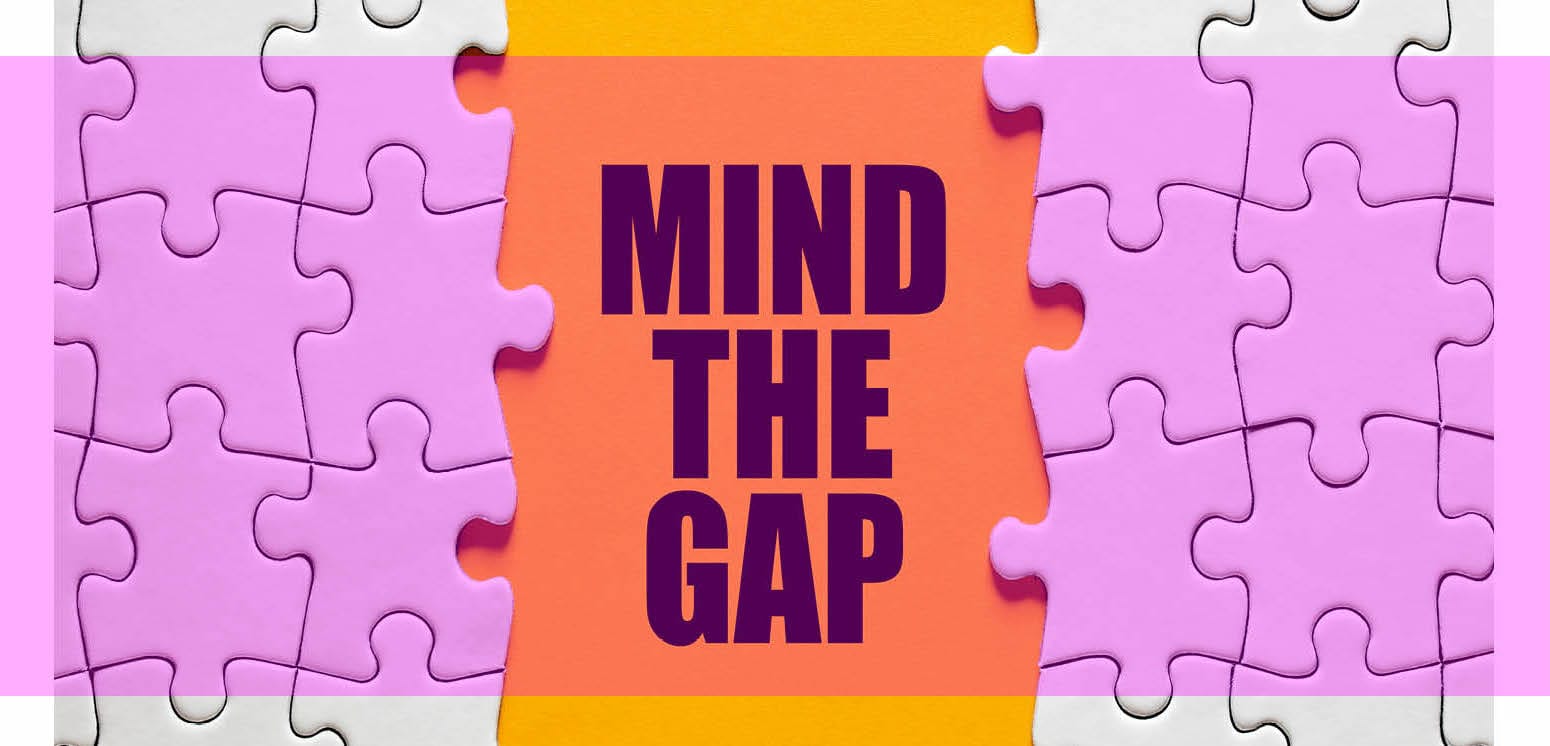
Time is now
Eating disorders are one of New Zealand’s most pervasive and deadly mental health conditions. As International Eating Disorder Week approaches, it is time to elevate this crisis to the level of attention it demands. Despite their severe consequences, eating disorders remain poorly understood and often dismissed as lifestyle choices rather than complex medical conditions.
The Overlooked Crisis
Eating disorders do not exist in isolation. They frequently co-occur with other mental health and addiction issues, including substance abuse. Yet, the health system continues to separate these conditions rather than recognising their interconnections. Malnutrition caused by disordered eating exacerbates mental health challenges, creating a cycle of declining physical and psychological well-being. Despite overwhelming evidence, eating disorders remain on the margins of public health priorities
A Cross-Sector Issue
The impacts of eating disorders extend far beyond those who are formally diagnosed.
Women’s health – Fertility issues, fragile bones, and hormonal imbalances.
Men’s health Often overlooked, particularly in high-performance sports.
Child and adolescent development – Stunted growth and cognitive impairment due to malnutrition.
Elite athletes – Pressure to maintain certain body types leading to dangerous eating behaviours.
Professional sectors, including Parliament and law – High-functioning individuals suffering in silence due to workplace expectations and stress.
Society often reinforces these behaviours. The normalisation of excessive exercise, restrictive dieting, and an obsession with body transformation contributes to the rise of eating disorders. Social media exacerbates the problem, providing a constant stream of unrealistic body standards and unhealthy weight loss trends.
Misconceptions Cost Lives
A major barrier to effective treatment is the pervasive misunderstanding of what an eating disorder looks like. Many assume it only affects young, underweight women. In reality, eating disorders can present in people of all body sizes, ages, and genders. Individuals in larger bodies can experience severe anorexia nervosa but may be dismissed because they do not fit the stereotype. The healthcare system frequently fails these individuals by focusing on weight rather than the behaviours and mental health challenges underlying the condition.
Another critical issue is anosognosia, a condition where a person is unable to recognise the severity of their illness. This is common in people with eating disorders, particularly anorexia nervosa. Yet, in many cases, they are expected to make rational decisions about their own treatment. When they decline care, they are often discharged rather than supported. This failure of the system contributes to the devastating long-term effects of eating disorders, including early death.
The Urgent Changes Needed Here's my top three wants
2.Government prioritisation and funding – Eating disorders must be recognised as a public health crisis, with urgent attention and financial investment. Australia has already taken this step
3.Public health campaign – A nationwide awareness campaign, on the scale of drink-driving initiatives, is needed to educate both the public and medical professionals.
The time to act is now. Eating disorders are not just about food, weight, or vanity—they are serious, life-threatening conditions that require immediate attention. Without systemic change, lives will continue to be lost, and many will suffer unnecessarily. The question is not whether we should address this crisis, but why we have waited so long to do so?


